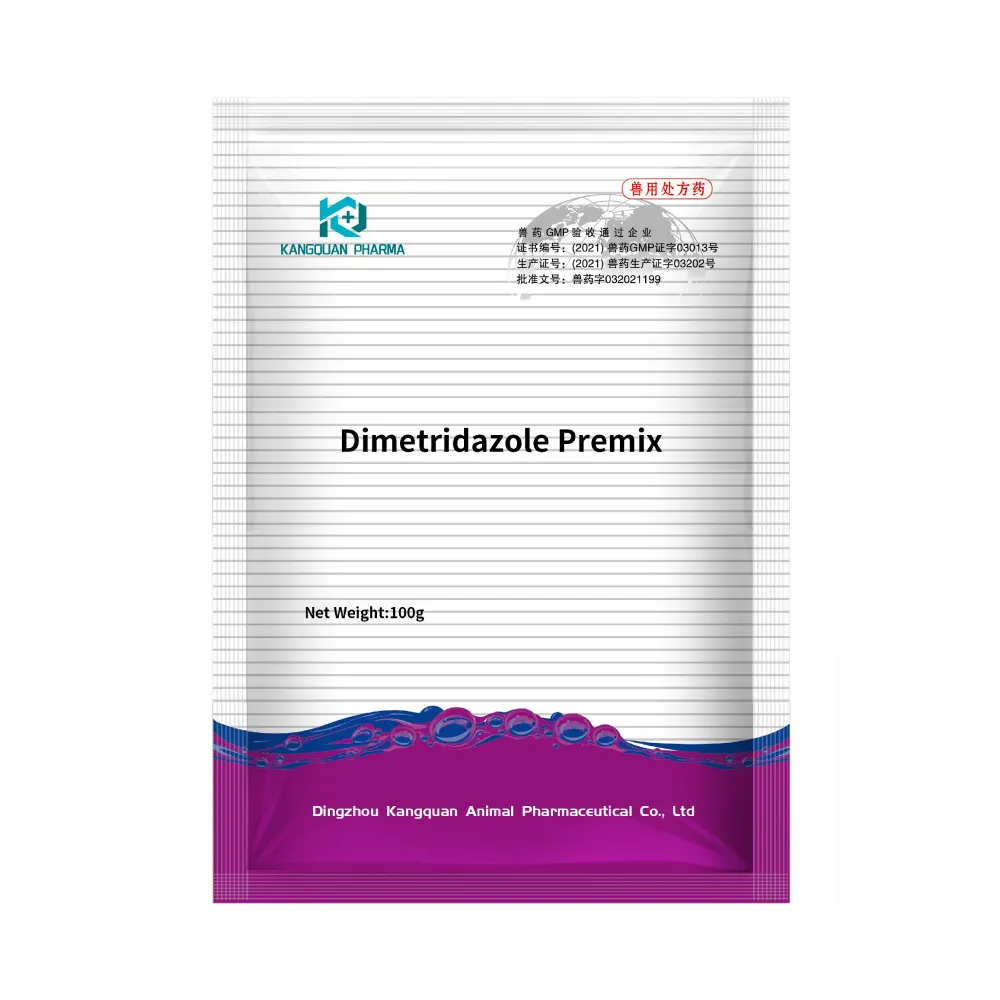- Afrikaans
- Albanian
- Amharic
- Arabic
- Armenian
- Azerbaijani
- Basque
- Belarusian
- Bengali
- Bosnian
- Bulgarian
- Catalan
- Cebuano
- Corsican
- Croatian
- Czech
- Danish
- Dutch
- English
- Esperanto
- Estonian
- Finnish
- French
- Frisian
- Galician
- Georgian
- German
- Greek
- Gujarati
- Haitian Creole
- hausa
- hawaiian
- Hebrew
- Hindi
- Miao
- Hungarian
- Icelandic
- igbo
- Indonesian
- irish
- Italian
- Japanese
- Javanese
- Kannada
- kazakh
- Khmer
- Rwandese
- Korean
- Kurdish
- Kyrgyz
- Lao
- Latin
- Latvian
- Lithuanian
- Luxembourgish
- Macedonian
- Malgashi
- Malay
- Malayalam
- Maltese
- Maori
- Marathi
- Mongolian
- Myanmar
- Nepali
- Norwegian
- Norwegian
- Occitan
- Pashto
- Persian
- Polish
- Portuguese
- Punjabi
- Romanian
- Russian
- Samoan
- Scottish Gaelic
- Serbian
- Sesotho
- Shona
- Sindhi
- Sinhala
- Slovak
- Slovenian
- Somali
- Spanish
- Sundanese
- Swahili
- Swedish
- Tagalog
- Tajik
- Tamil
- Tatar
- Telugu
- Thai
- Turkish
- Turkmen
- Ukrainian
- Urdu
- Uighur
- Uzbek
- Vietnamese
- Welsh
- Bantu
- Yiddish
- Yoruba
- Zulu
10 月 . 02, 2024 12:48 Back to list
colistin sulfate uses
The Uses of Colistin Sulfate in Veterinary Medicine
Colistin sulfate, a polypeptide antibiotic belonging to the polymyxin class, has garnered considerable attention in recent years due to its unique mechanism of action and effectiveness against multidrug-resistant gram-negative bacteria. Originally discovered in the 1940s, colistin's usage diminished with the advent of newer antibiotics; however, its resurgence is largely attributed to the increasing prevalence of antibiotic resistance. This article explores the various applications of colistin sulfate, particularly in veterinary medicine.
The Uses of Colistin Sulfate in Veterinary Medicine
Colistin sulfate is commonly administered in feed or water, making it a practical option for large-scale livestock operations. This method of administration not only simplifies the process of ensuring that all animals receive the appropriate dosage but also helps in controlling outbreaks quickly. In poultry, for instance, colistin can be used proactively to enhance gut health and reduce the incidence of colibacillosis, subsequently improving overall flock performance.
colistin sulfate uses

Moreover, colistin sulfate has been recognized for its growth-promoting properties in livestock. While its primary role is as a therapeutic agent, subtherapeutic doses of colistin sulfate have been used to improve feed conversion ratios and promote weight gain in animals. This has made it an attractive option for farmers looking to optimize production efficiency while minimizing the use of more expensive feed additives.
However, the use of colistin sulfate in veterinary medicine has raised concerns regarding the development of antibiotic resistance. The emergence of colistin-resistant bacteria poses significant risks to both animal and human health. As a result, many countries have begun to implement stricter regulations surrounding the use of colistin in livestock. Veterinary professionals and farmers are encouraged to use colistin judiciously, considering alternative management practices such as improving biosecurity measures and utilizing vaccination strategies to reduce reliance on antibiotics.
In recent years, researchers have also been examining the potential of colistin sulfate in combination therapies. By using colistin in conjunction with other antibiotics or antimicrobial agents, there may be increased efficacy against resistant infections while potentially reducing the dosages of each medication. Such strategies could play a pivotal role in preserving the effectiveness of colistin and minimizing the risks associated with its use.
In conclusion, colistin sulfate remains a valuable antibiotic in the field of veterinary medicine, particularly for the management of infections in livestock. Its effectiveness against multidrug-resistant bacteria and its role in promoting growth in animals underscored its importance. Nonetheless, the potential for resistance highlights the necessity for responsible use and ongoing research to ensure that colistin sulfate can continue to be a vital tool in both veterinary and medical settings. As the challenge of antibiotic resistance grows, the veterinary community must adapt and explore alternative strategies to safeguard animal and public health.
-
The Power of Radix Isatidis Extract for Your Health and Wellness
NewsOct.29,2024
-
Neomycin Sulfate Soluble Powder: A Versatile Solution for Pet Health
NewsOct.29,2024
-
Lincomycin Hydrochloride Soluble Powder – The Essential Solution
NewsOct.29,2024
-
Garamycin Gentamicin Sulfate for Effective Infection Control
NewsOct.29,2024
-
Doxycycline Hyclate Soluble Powder: Your Antibiotic Needs
NewsOct.29,2024
-
Tilmicosin Premix: The Ultimate Solution for Poultry Health
NewsOct.29,2024













